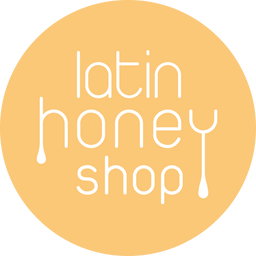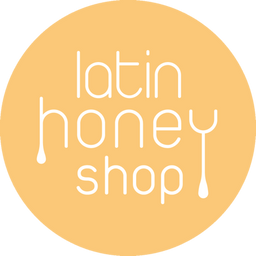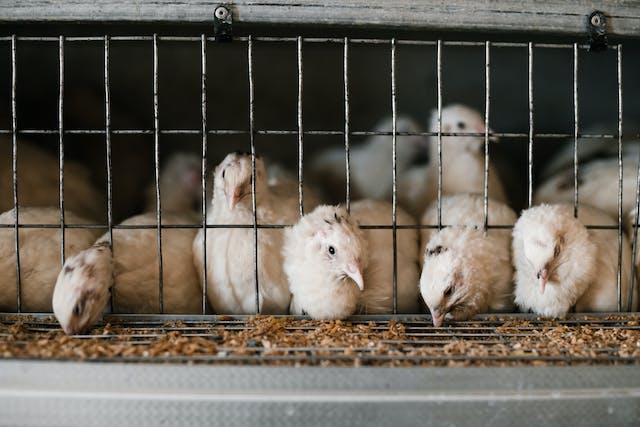
In the realm of poultry farming, the prevalence of battery chicken farming has raised ethical concerns about animal welfare and the quality of the food produced. This article explores the drawbacks of supporting battery chicken farming and introduces ethical alternatives for conscientious consumers.
The Concerns Surrounding Battery Chicken Farming
Battery chicken farming involves confining chickens to small cages, often in crowded and unsanitary conditions. This industrial approach aims to maximize production efficiency but comes at the cost of the chickens' well-being. Studies have highlighted issues such as stress, injuries, and the spread of diseases in battery farming environments.

The Impact on Food Quality and Safety
Aside from the ethical concerns, there are questions about the quality and safety of chicken produced in battery farming systems. The close quarters and stressful conditions can lead to a higher risk of disease transmission among chickens. Additionally, the use of antibiotics as a preventive measure in such environments raises concerns about antibiotic resistance and residues in the meat.
The Role of Hormones in Battery Chicken Farming
In battery chicken farming, hormones are often administered to enhance the growth and productivity of the birds. While these practices aim to accelerate the production cycle, the use of hormones has been a subject of debate due to potential health risks. Some studies suggest that the consumption of chicken treated with growth-promoting hormones may contribute to hormone imbalances in humans, raising concerns about long-term health effects.
Ethical Alternatives for Conscious Consumers
Conscientious consumers seeking alternatives to battery chicken can consider the following options:
- Free-Range Chicken: Choose chicken labeled as free-range, indicating that the birds have access to outdoor spaces, allowing for more natural behaviors.
- Pasture-Raised Chicken: Look for pasture-raised chicken, a farming method that emphasizes outdoor access and natural foraging, providing a better quality of life for the birds.
- Organic Chicken: Opt for organic chicken, which follows strict standards regarding the birds' living conditions, diet, and the limited use of antibiotics.
- Local and Small-Scale Farms: Support local and small-scale poultry farms that prioritize humane treatment of animals and sustainable farming practices.

Considering Raw Organic Honey for a Wholesome Diet
Incorporating raw organic honey into your diet can complement these ethical choices. Unlike processed sweeteners, raw organic honey offers a natural alternative with potential health benefits. Studies suggest that raw honey contains antioxidants and may have antimicrobial properties, making it a preferable choice over refined sweeteners.
Conclusion: Making Ethical Food Choices
As we become more conscious consumers, the shift towards ethical choices in poultry farming becomes crucial. Opting for free-range, pasture-raised, or organic chicken supports better animal welfare and ensures a higher quality of meat. Additionally, incorporating raw organic honey into your diet provides a sweet touch without compromising on your commitment to ethical and wholesome food choices.
Remember, every food choice we make contributes to a more ethical and sustainable food system. Let your values guide your decisions and pave the way for a healthier, more compassionate food future.




